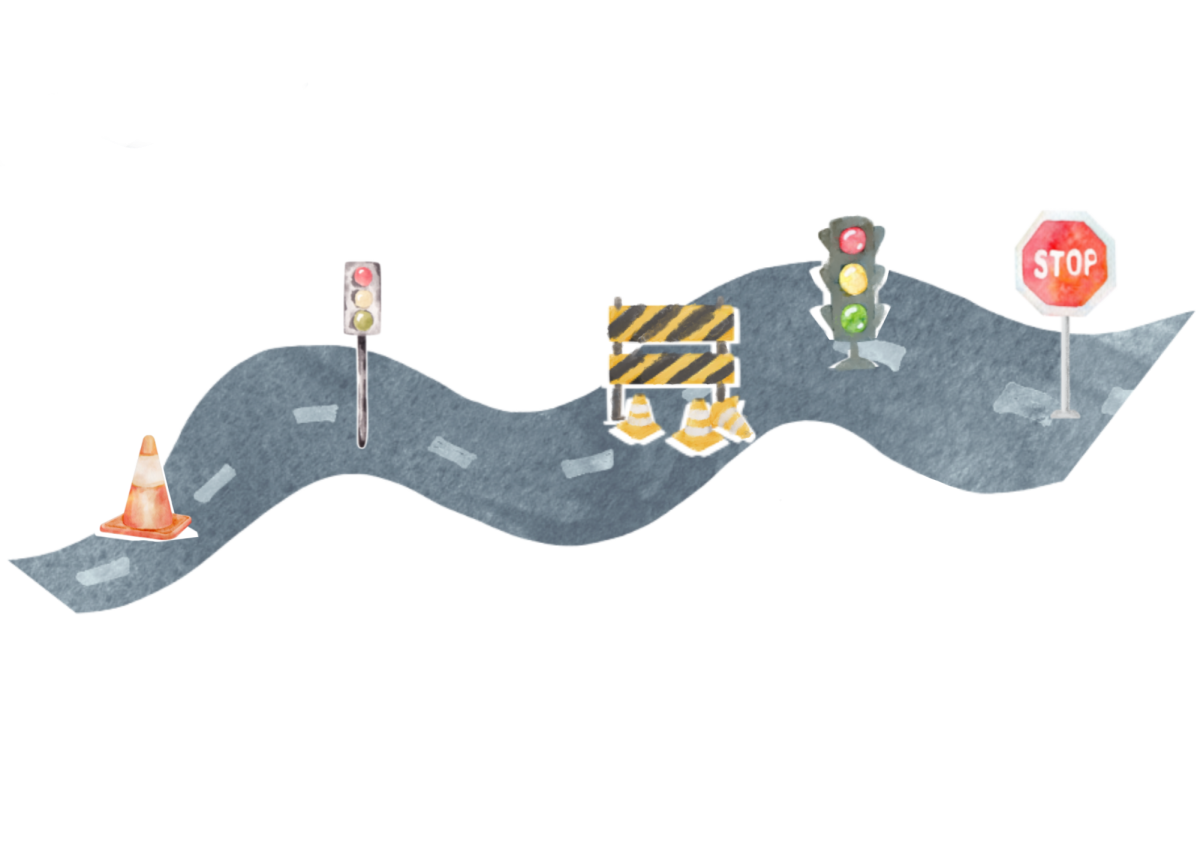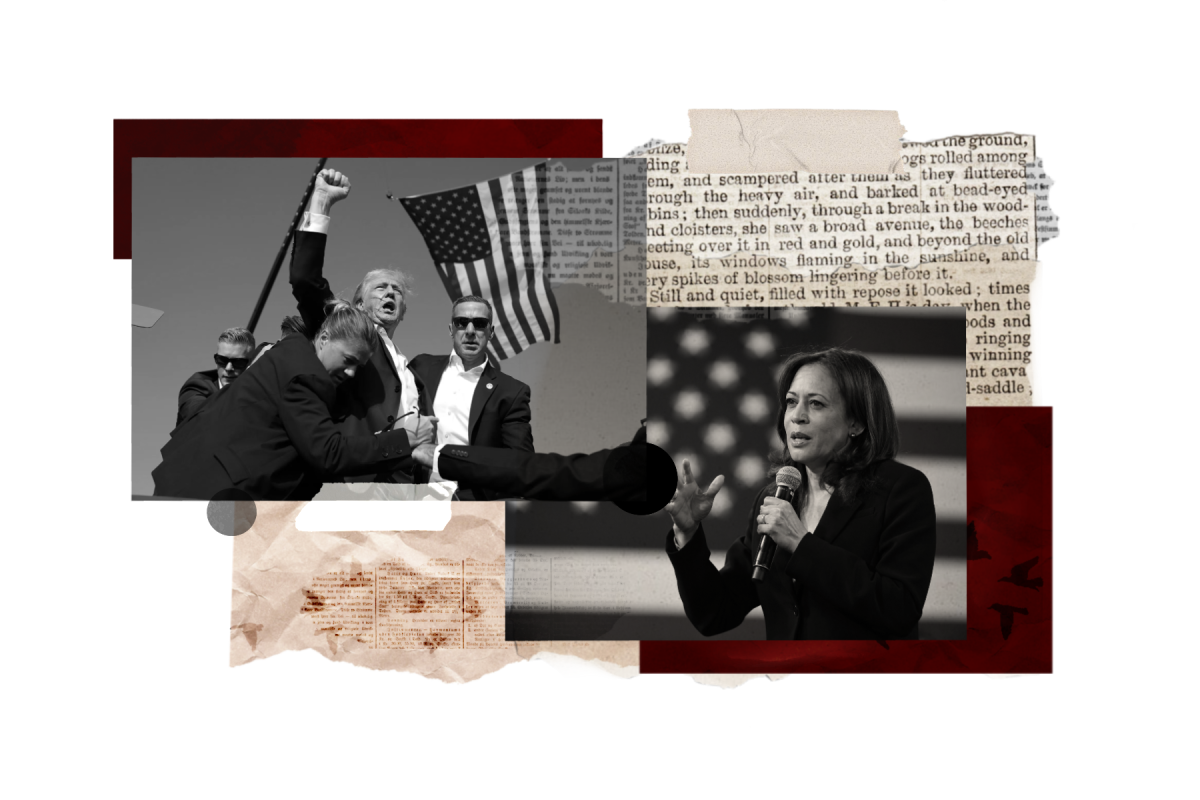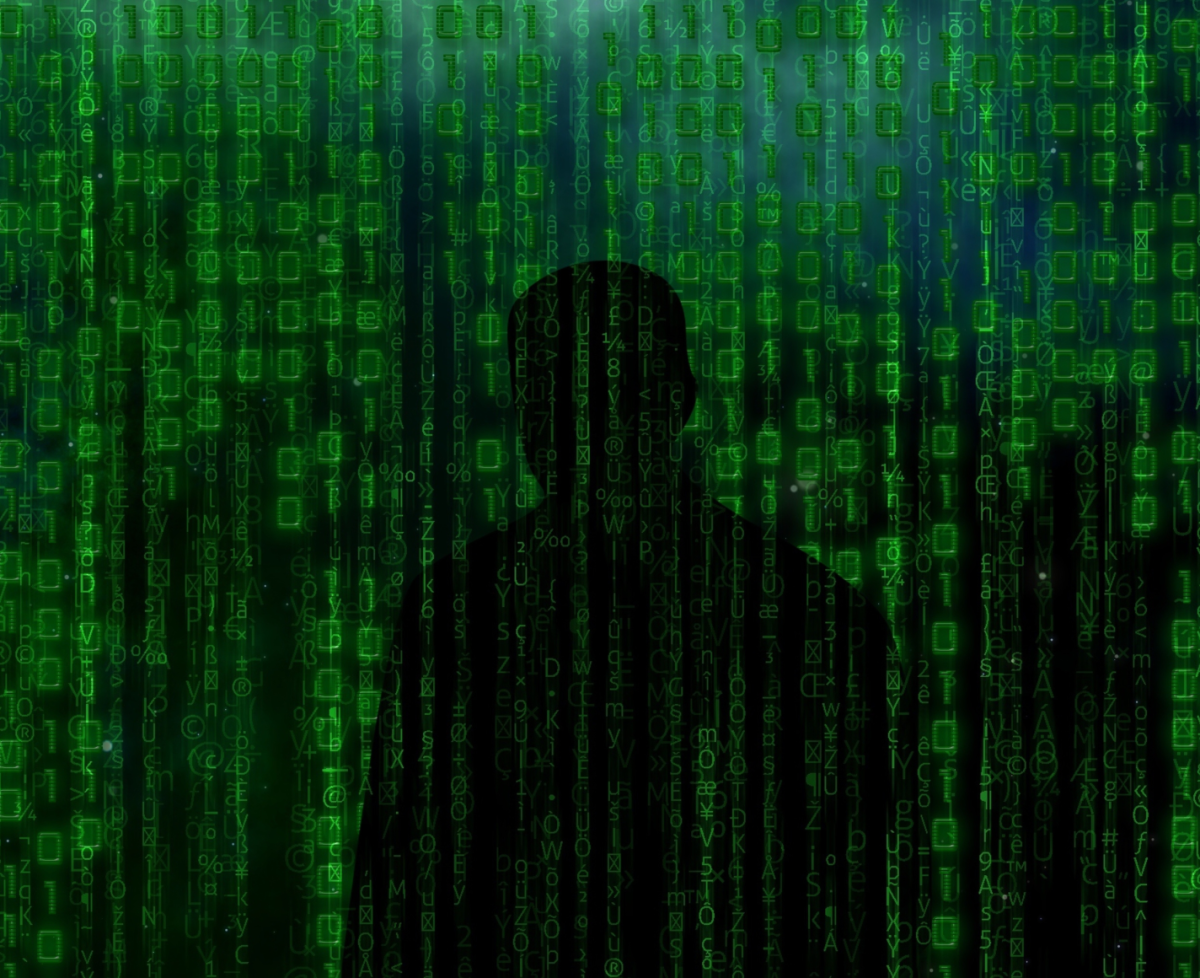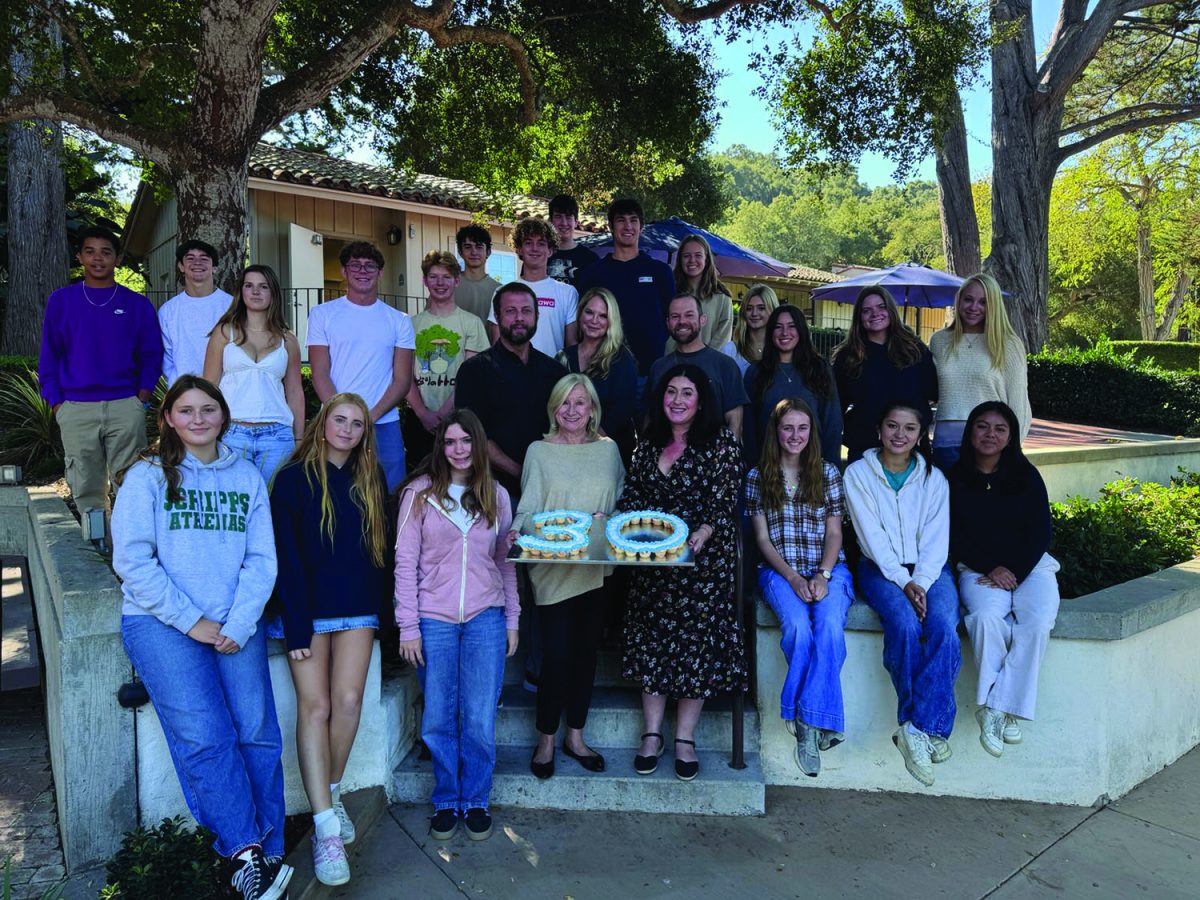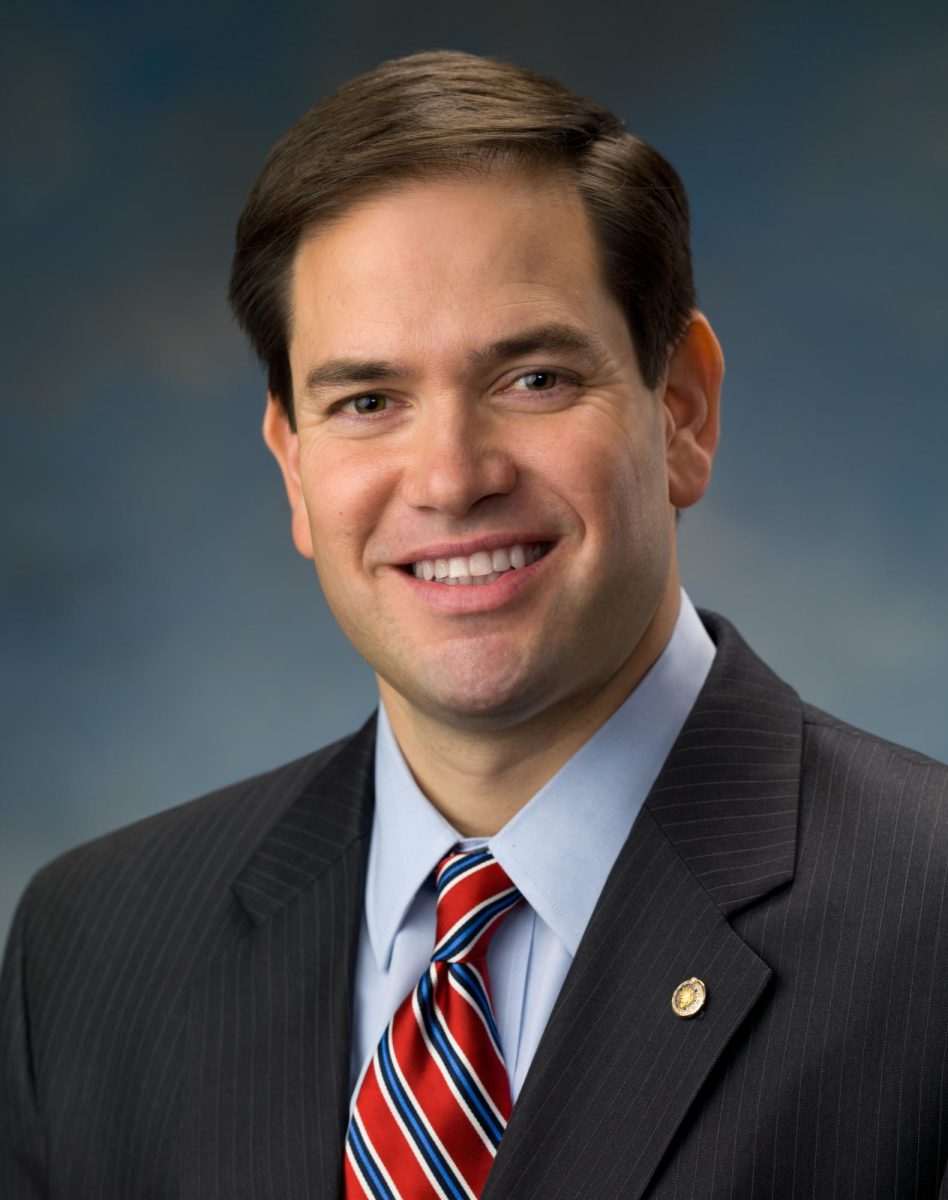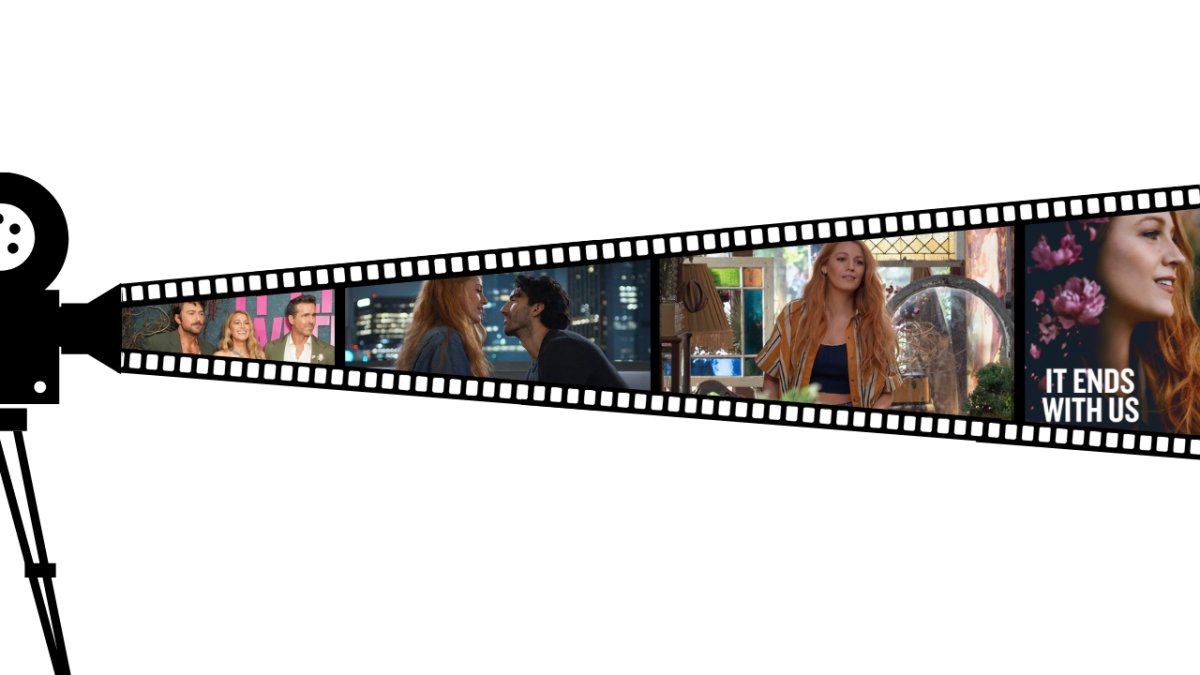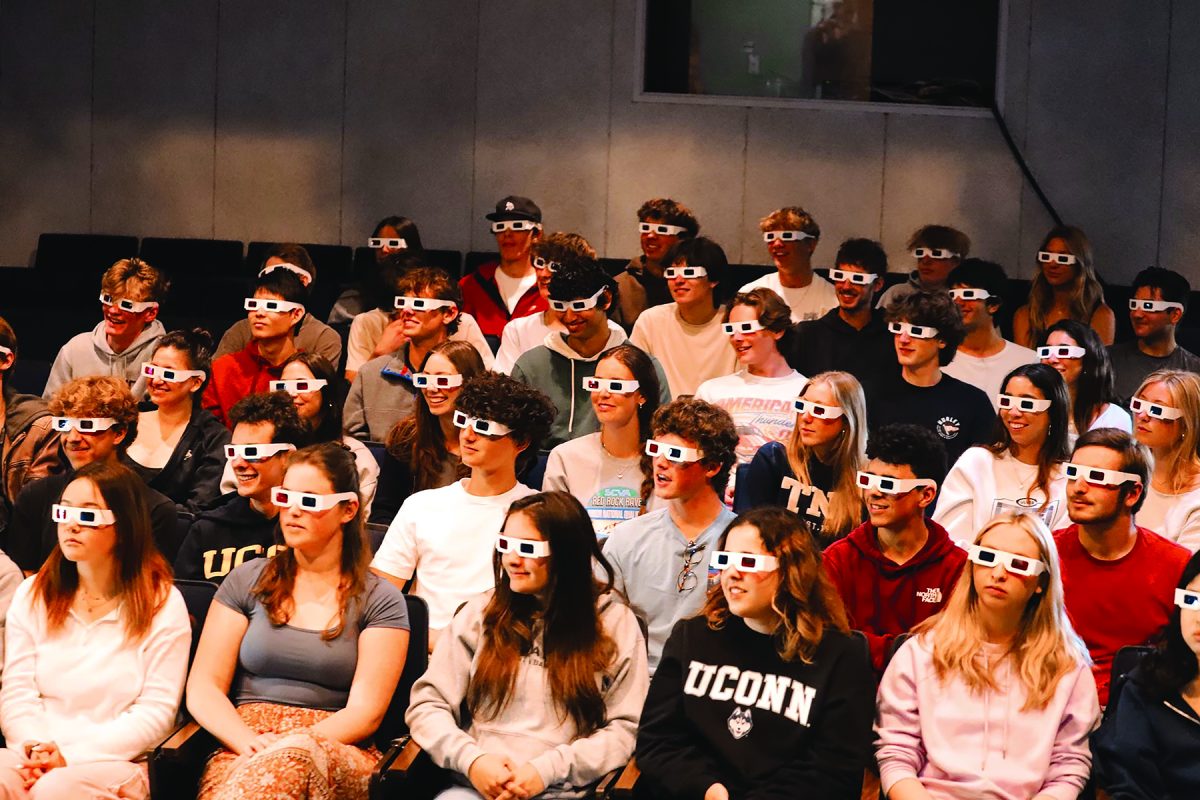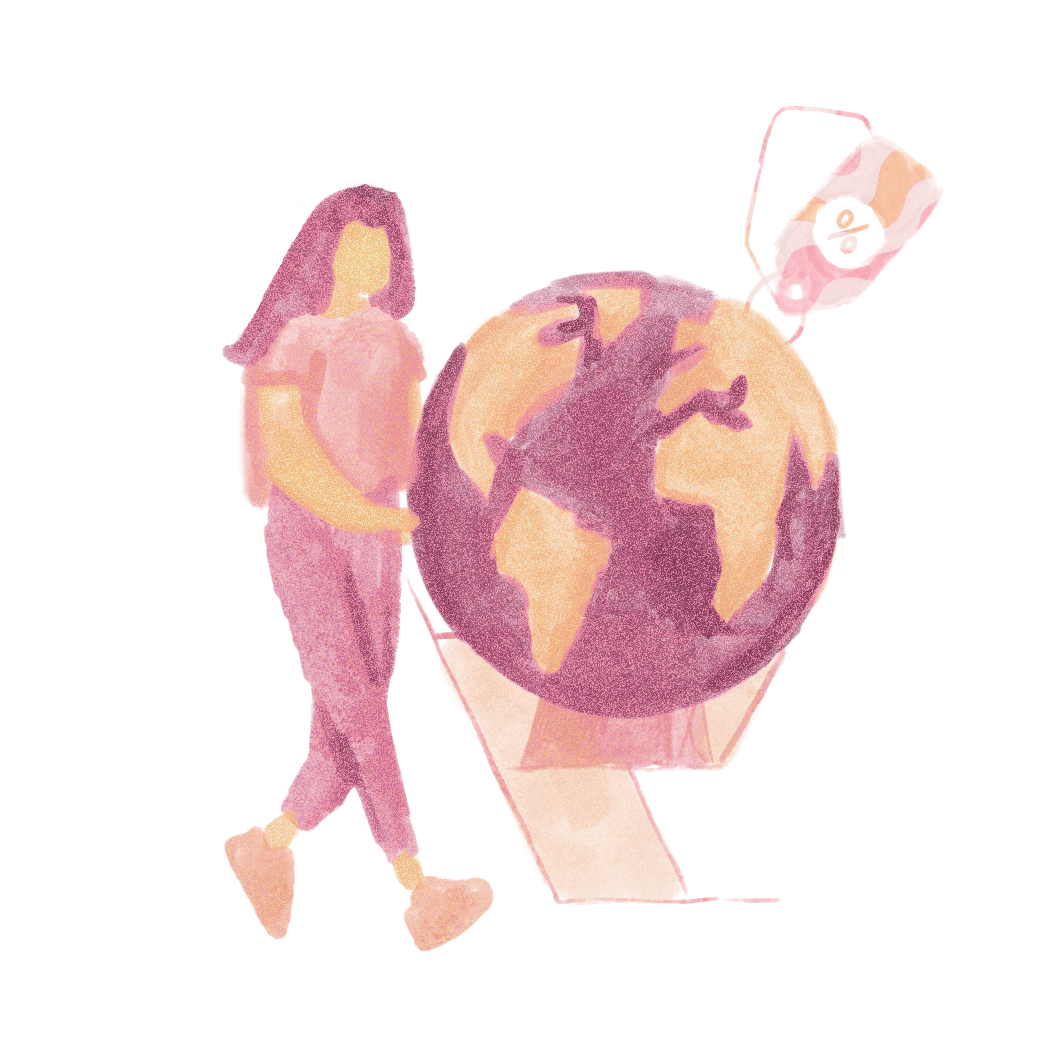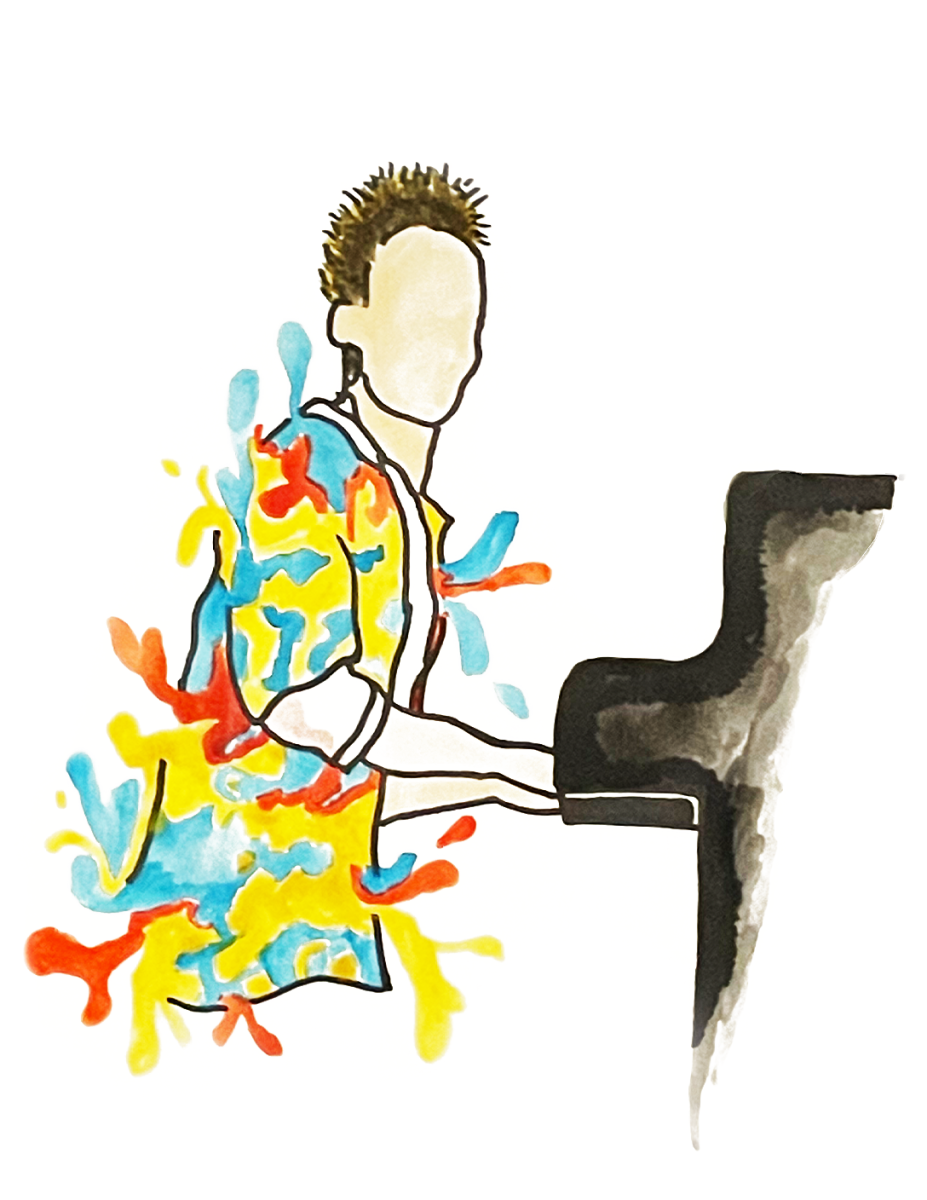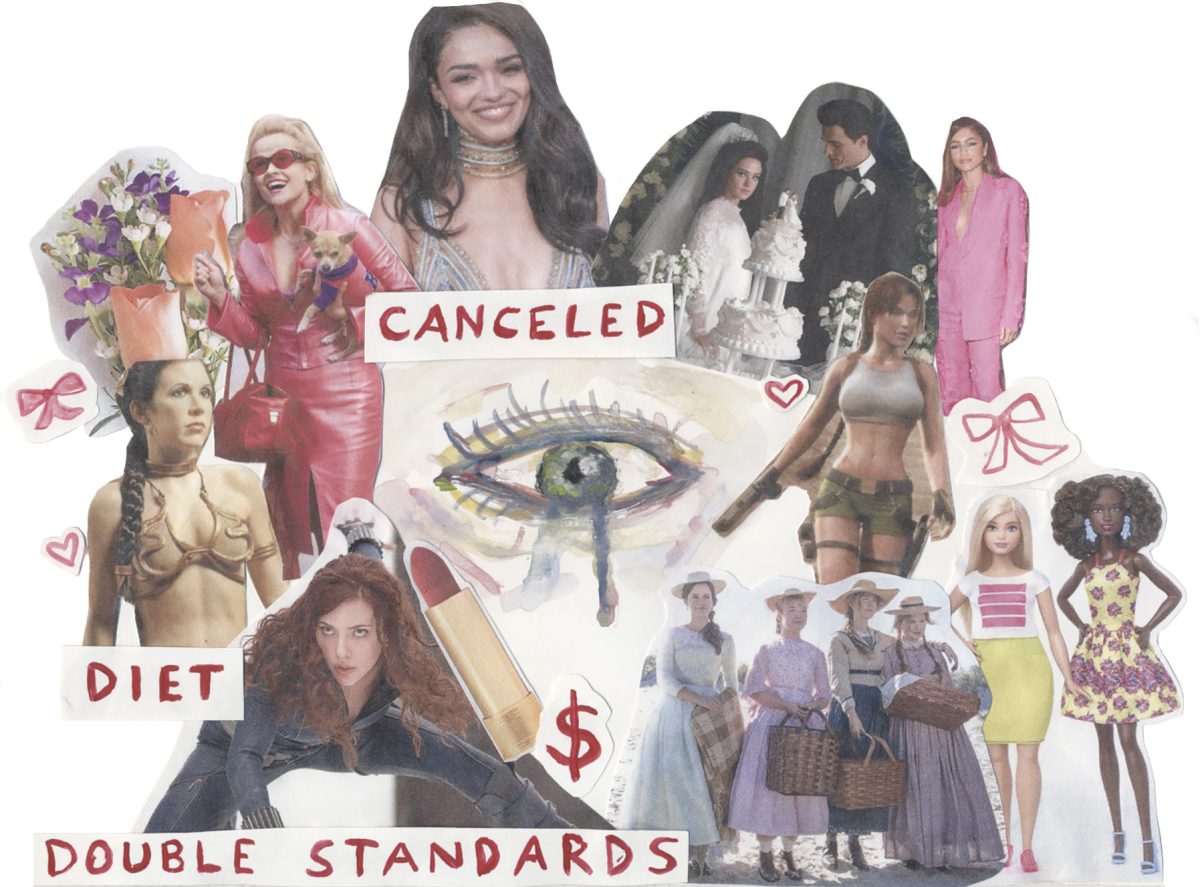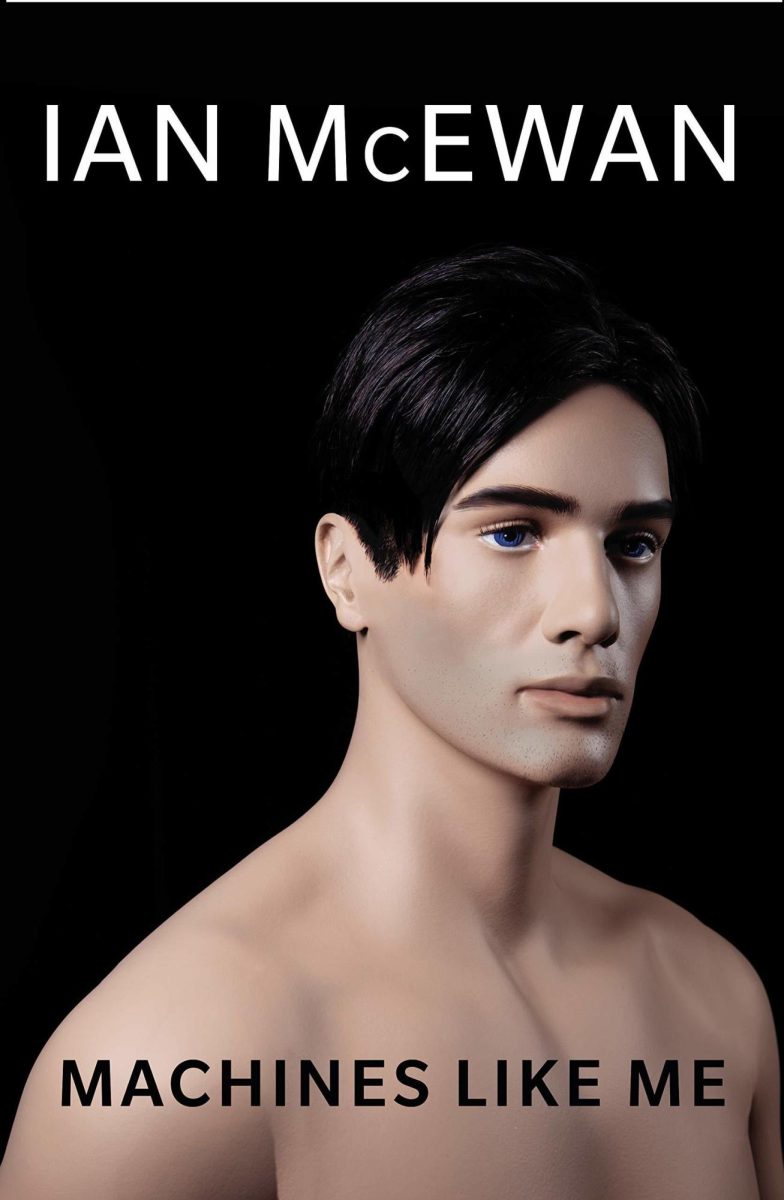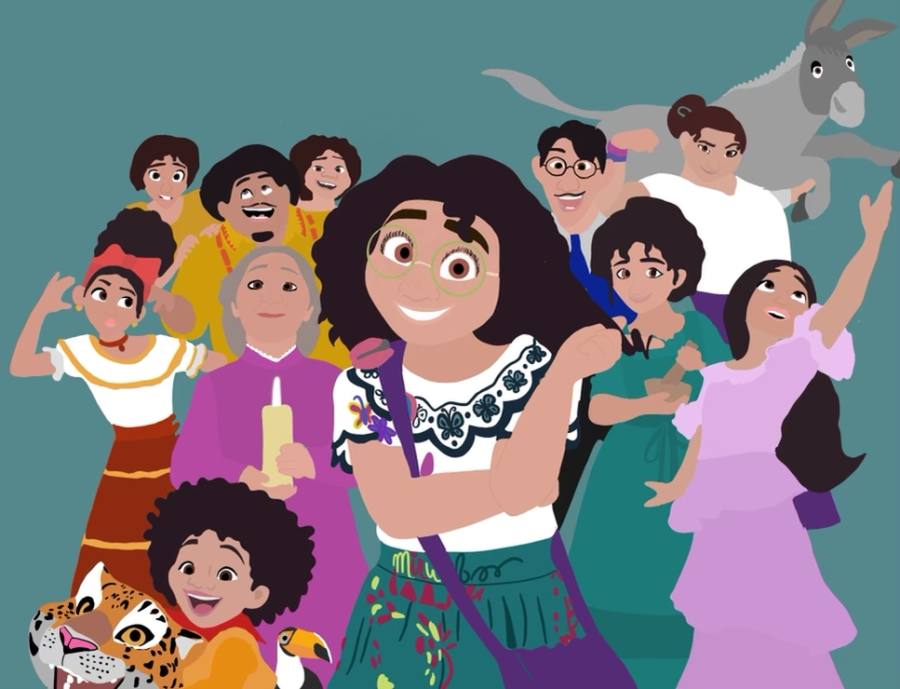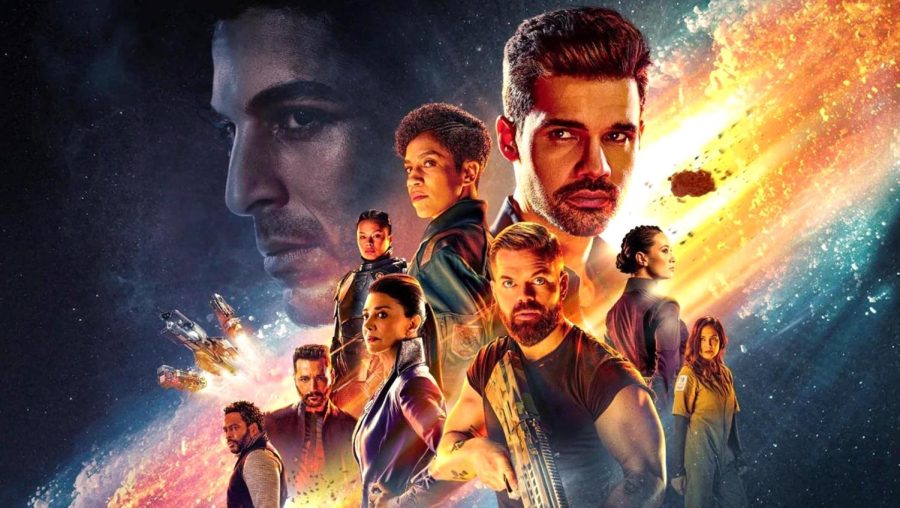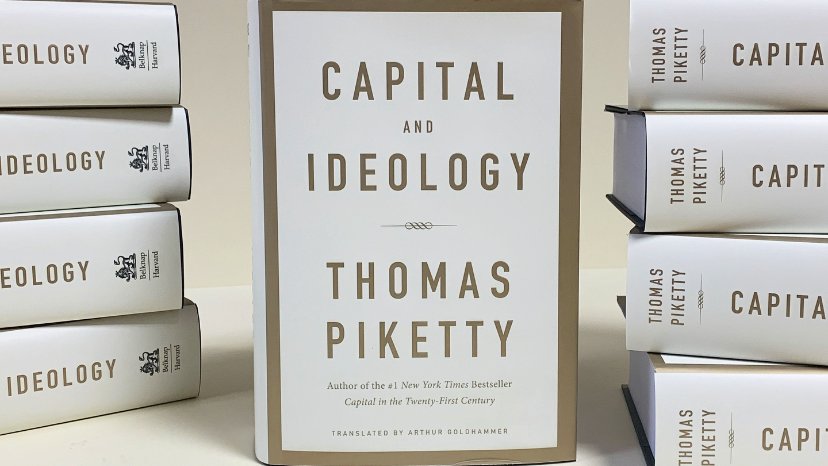Politicians turn a blind eye to the most impressionable portion of the population: Teens
They should be ashamed of themselves.
Call me biased, but of all the criticism pinpointed at teenagers, critics of today’s youth should really rethink the basis of their arguments.
People wonder why members of my age group are not inspired by political debates and news reports.
The answer is simple: political debates and news reports have not been made to inspire youth.
When was the last time a significant number of high-schoolers tuned into CBS News, NPR, or, my personal favorite, C-SPAN to follow current events across the globe?
However, it’s not fair to place the blame of political inactivity on teenagers alone.
Legislators don’t speak “our language.” Not to say that their campaigns should be riddled with acronyms such as G2G, NBD, or TISNF, but let’s face it – politicians typically use muddled language to discuss issues targeted towards an older population, simply because they’re the most politically responsive demographic in the United States.
The average teenager doesn’t have any reason to be concerned with trade relations, health care, taxes, or social security.
But, I remember sitting in my ninth grade history class as discussions of President Obama’s proposal to lengthen school days and shorten summers in public schools, the questioned constitutionality of Proposition 8, and the ongoing wars in the Middle East triggered waves of outrage and disbelief from the student population.
These issues are more likely to spark teenagers’ interest because they are much easier to understand.
Teens don’t have any trouble wrapping their minds around what it takes to devote one’s time to a quality education, or how hard it is to accept and secure one’s identity, or, at least for some, how difficult it is to cope with the loss of a loved one.
So, naturally, this population finds itself formulating opinions about issues that hit close to home.
This is where America’s political structure runs into a pothole – the inability to make an issue relatable to a different demographic.
What makes my jaw drop is society’s ability to dress up and popularize the iPhone, “Twilight,” and Facebook in a matter of months to the point where these items have turned into clichés, and then simultaneously have difficulty making politics accessible to youth after over 230 years of debates, campaigns, and elections.
In other words, America’s leaders are, knowingly or unknowingly, taking the easy way out, that being winning the favor of over 50 percent of their audience.
Now, what kind of impression does that leave on the modern teenager?
Haven’t adults made a point of emphasizing that short-handed tasks can be misinterpreted for, dare I say it, delinquency?
Politicians owe teenagers this much: acknowledgment.
At least enough to give today’s youth a reason to engage in the community and care about the factors that affect this country.
The 18-25 year olds of the United States may not have the best track record from legal and political standpoints, but last I checked, they haven’t fallen off the face of the earth.
We are more capable of understanding and participating in political issues, but we have yet to be presented with an opportunity to do so.
All we need is a chance – a chance to care, and a chance to matter.


